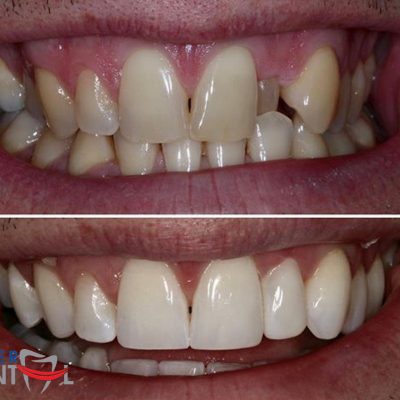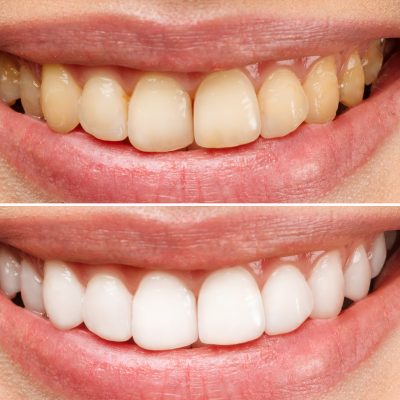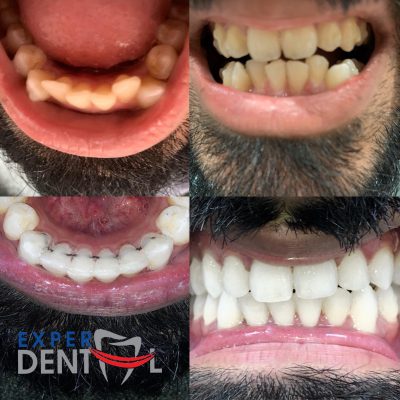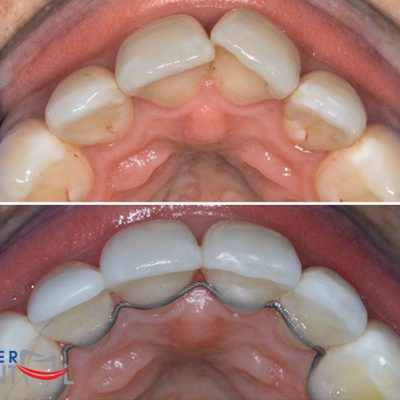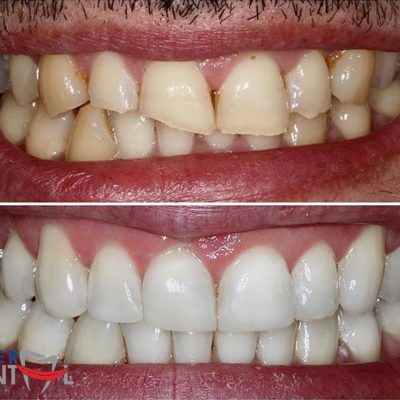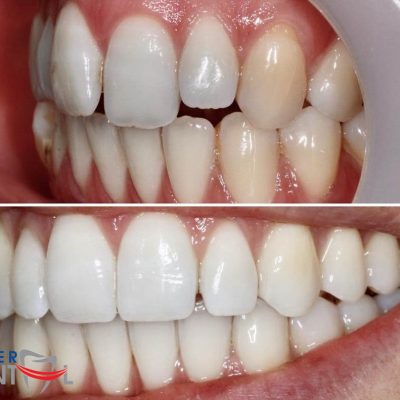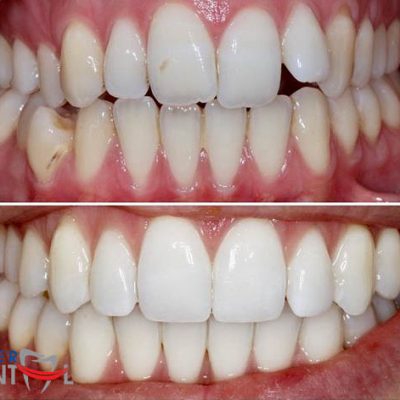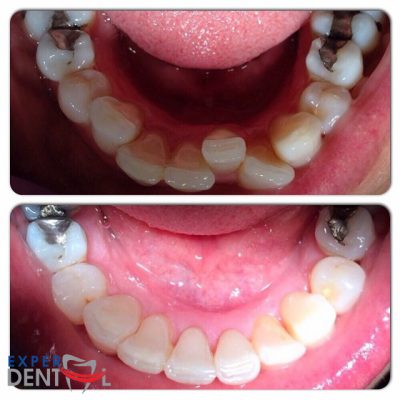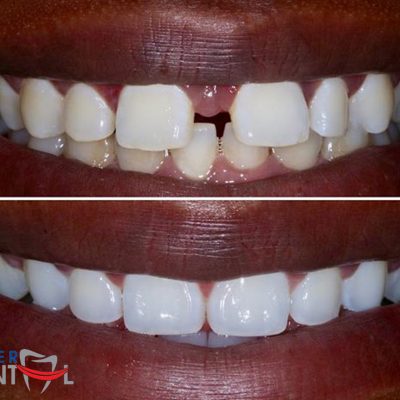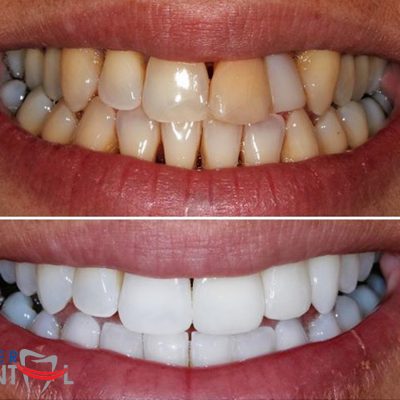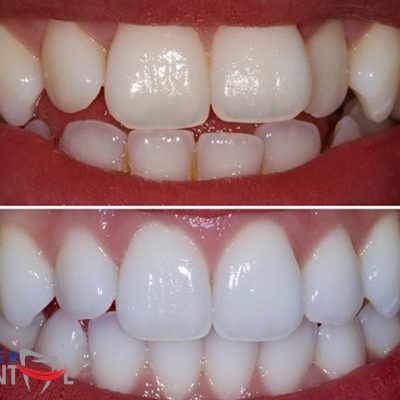A bridge is a custom made restoration that may be recommended by your dentist if you are missing one or more teeth. Gaps left by missing teeth may cause remaining teeth to shift or rotate into the empty spaces, which may result in a bad bite. The imbalance caused by missing teeth can also lead to gum disease and temperomandibular joint disorders.
A bridge would span the space where the teeth are missing.
Bridges are cemented to the natural teeth surrounding the empty space and these teeth serve as anchors for the bridge. As with crowns, you have a choice of materials for bridges.
There are two types of bridge that are available – a conventional fixed bridge or an adhesive bridge. Your dentist will help you decide which would be more suitable for your requirements; based on the location of the missing tooth, its function and cosmetic considerations.
You would be required to attend the practice to have your teeth prepared for the bridge, impressions taken and a shade taken to ensure a perfect colour match to your own natural teeth. Two weeks later you will return to the practice to have your custom made bridge bonded onto your teeth.
There are many different options for the materials used when making bridges. Porcelain bridges are the most popular as they contain no metal, giving cosmetic advantages over the traditional metal or gold bridge.
The cost of bridges can vary significantly depending on the materials that have been chosen to construct the restoration. Bridges start from £595 per tooth unit.
Not normally, however some patients find that they may have some sensitivity for a period of time, although this should settle down within a few days.
